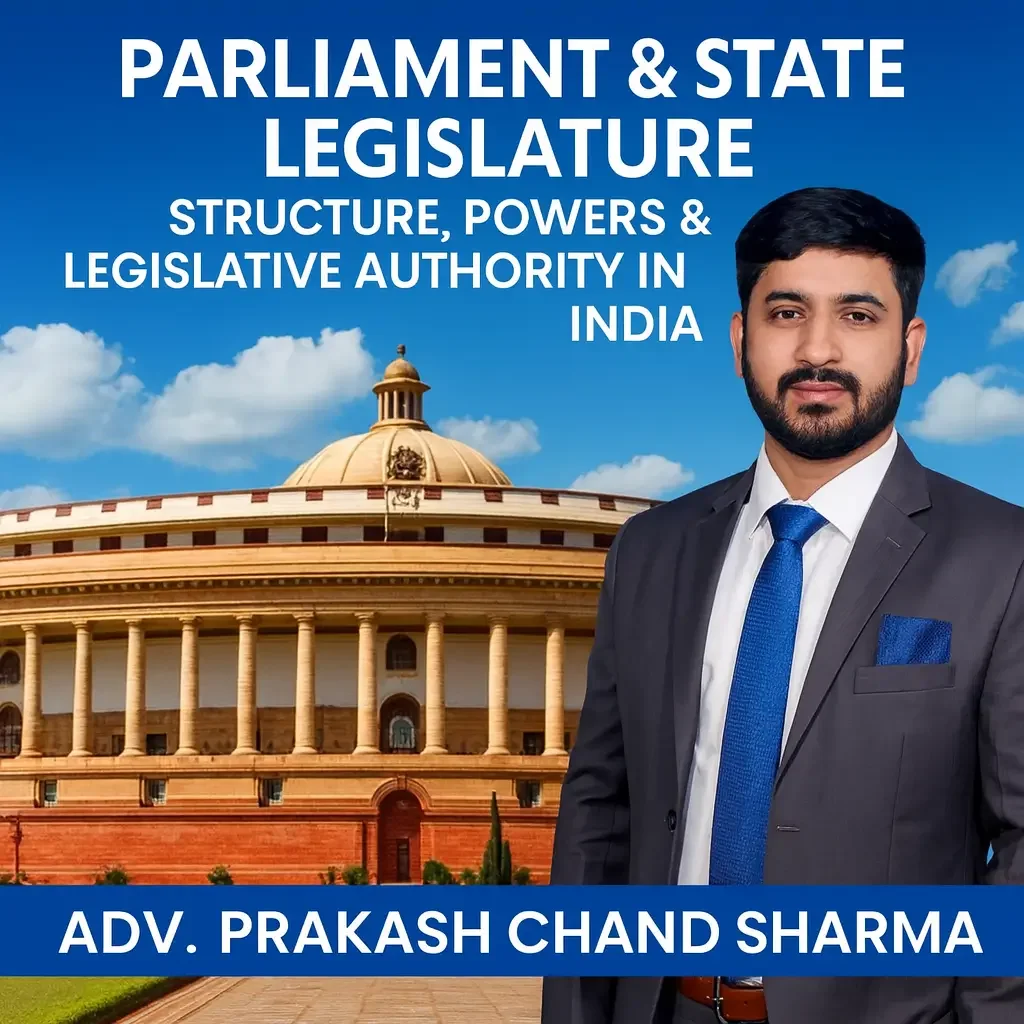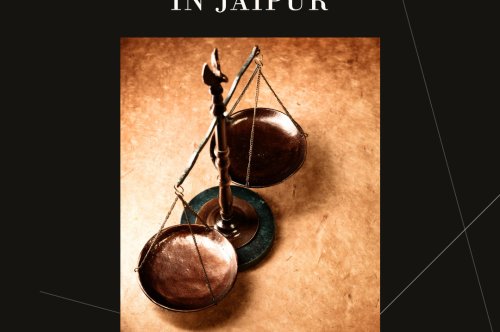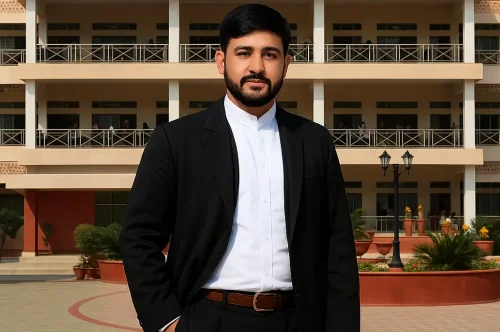
Parliament & State Legislature: Structure, Powers & Legislative Authority in India
By Adv. Prakash Chand Sharma
Chartered Engineer | High Court Advocate | CAO
Founder – Zumosun Universe, Techlam Legal Solutions, JPSD Taxsun LLP
Powered by: TheLegalCourt.com | TheLegalBank.com
Introduction
The legislative framework in India consists of the Parliament at the Union level and the State Legislatures at the State level. These institutions are responsible for law-making, governance oversight, and ensuring democratic accountability.
They form the backbone of legislative authority, shaping national policies, statutory frameworks, financial systems, and regulatory governance.
Understanding the powers, functioning, and limitations of these legislative bodies is essential for legal professionals, policymakers, corporate entities, and governance institutions.
1. Parliament of India (Articles 79–122)
The Parliament is the supreme legislative authority of India (subject to constitutional limits).
Composition of Parliament
-
President of India
-
Rajya Sabha (Council of States)
-
Lok Sabha (House of the People)
The President is an integral part of Parliament and plays a crucial legislative role.
2. Lok Sabha (House of the People)
✔ Directly elected by the people
✔ Maximum strength: 552
-
530 from States
-
20 from Union Territories
-
2 Anglo-Indians (nominated — now abolished after 104th Amendment)
Key Features:
-
Term: 5 years
-
Can be dissolved early by the President
-
Speaker presides over sessions
Powers of Lok Sabha:
-
Controls the Council of Ministers (collective responsibility)
-
Introduces and passes Money Bills
-
Plays major role in budget approval
-
Has more financial authority than Rajya Sabha
Exclusive Powers:
-
No-confidence motion
-
Money Bills (Art. 109)
-
Financial control
-
Elects Speaker & Deputy Speaker
3. Rajya Sabha (Council of States)
✔ Permanent House
-
Not subject to dissolution
-
1/3rd members retire every 2 years
Maximum strength: 250
-
238 elected by States/UTs
-
12 nominated by President (eminent persons)
Powers of Rajya Sabha:
-
Reviews, debates, and approves legislation
-
Approves constitutional amendments
-
Represents States in federal structure
-
Checks Lok Sabha legislative excess
Special Powers (Rare but important):
-
Can authorize Parliament to legislate on State List matters (Art. 249)
-
Approves creation of All India Services (Art. 312)
4. Comparison of Lok Sabha & Rajya Sabha
| Feature | Lok Sabha | Rajya Sabha |
|---|---|---|
| Election | Direct | Indirect |
| Dissolution | Yes | No |
| Money Bills | Exclusive | Cannot reject |
| Executive control | Full | Limited |
| Tenure | 5 years | Permanent |
5. President’s Role in Legislation
The President plays a vital role in the legislative process:
-
Summons and prorogues Parliament (Art. 85)
-
Dissolves Lok Sabha
-
Assent to Bills
-
Can return a non-money bill for reconsideration
-
Promulgate ordinances under Art. 123
6. Types of Bills in Parliament
✔ 1. Ordinary Bills
Passed by both Houses and assent of President.
✔ 2. Money Bills (Art. 110)
-
Can be introduced only in Lok Sabha
-
Rajya Sabha cannot reject
-
Speaker’s certificate is final
✔ 3. Finance Bills
Related to taxation and financial matters.
✔ 4. Constitutional Amendment Bills
Require special majority (2/3rd members present + voting).
Some require ratification by half the States.
7. State Legislature (Articles 168–212)
States have either:
✔ Unicameral Legislature (Majority of States)
– Legislative Assembly (Vidhan Sabha)
✔ Bicameral Legislature (Few States)
– Legislative Assembly
– Legislative Council (Vidhan Parishad)
8. Legislative Assembly (Vidhan Sabha)
Features:
-
Direct election
-
Maximum strength varies by State
-
5-year term (unless dissolved)
Powers:
-
Controls the State Council of Ministers
-
Can pass ordinary and money bills
-
Plays critical role in State budget
Exclusive Powers:
-
Introduce money/appropriation bills
-
No-confidence motions against State Government
9. Legislative Council (Vidhan Parishad)
Features:
-
Indirect election
-
Permanent body
-
1/3rd members retire every 2 years
Powers:
-
Reviews bills
-
Cannot reject money bills
-
Limited in financial matters
10. Relationship Between Parliament & State Legislature
The Constitution maintains a balance:
✔ Parliament legislates on:
-
Union List
-
Concurrent List (shared with States)
-
State List in special situations (Art. 249, 250, 252)
✔ State Legislature legislates on:
-
State List
-
Concurrent List
Where conflict arises → Union law prevails (Art. 254).
Conclusion
Parliament and State Legislatures form the heart of India’s democratic governance. They ensure transparency, accountability, and participatory law-making. Their powers shape India’s legal landscape, impacting individuals, businesses, institutions, and public administration.
A strong legislative system is crucial for maintaining constitutional balance, protecting rights, and promoting effective governance.
Author
Adv. Prakash Chand Sharma
Chartered Engineer | High Court Advocate | CAO
Founder – Zumosun Universe, Techlam Legal Solutions, JPSD Taxsun LLP
Powered by: TheLegalCourt.com | TheLegalBank.com
Prakash Chand Sharma, the founder of Zumosun Universe and the creator of Activation Science — a transformative framework designed to activate the infinite universe within every individual, organization, and civilization.
My work focuses on unlocking PURE Intelligence and Exponential Growth, guiding humanity from potential to activation — from limitation to expansion. Through Activation, I aim to build an Activated Universe and Civilization, where every entity continuously evolves, innovates, and contributes to universal growth forever.
Follow On:-
1. https://www.linkedin.com/in/eng-adv-cao-prakash-chand-sharma-26586143/
2. https://www.facebook.com/er.adv.ca.prakash.chandsharma.35



